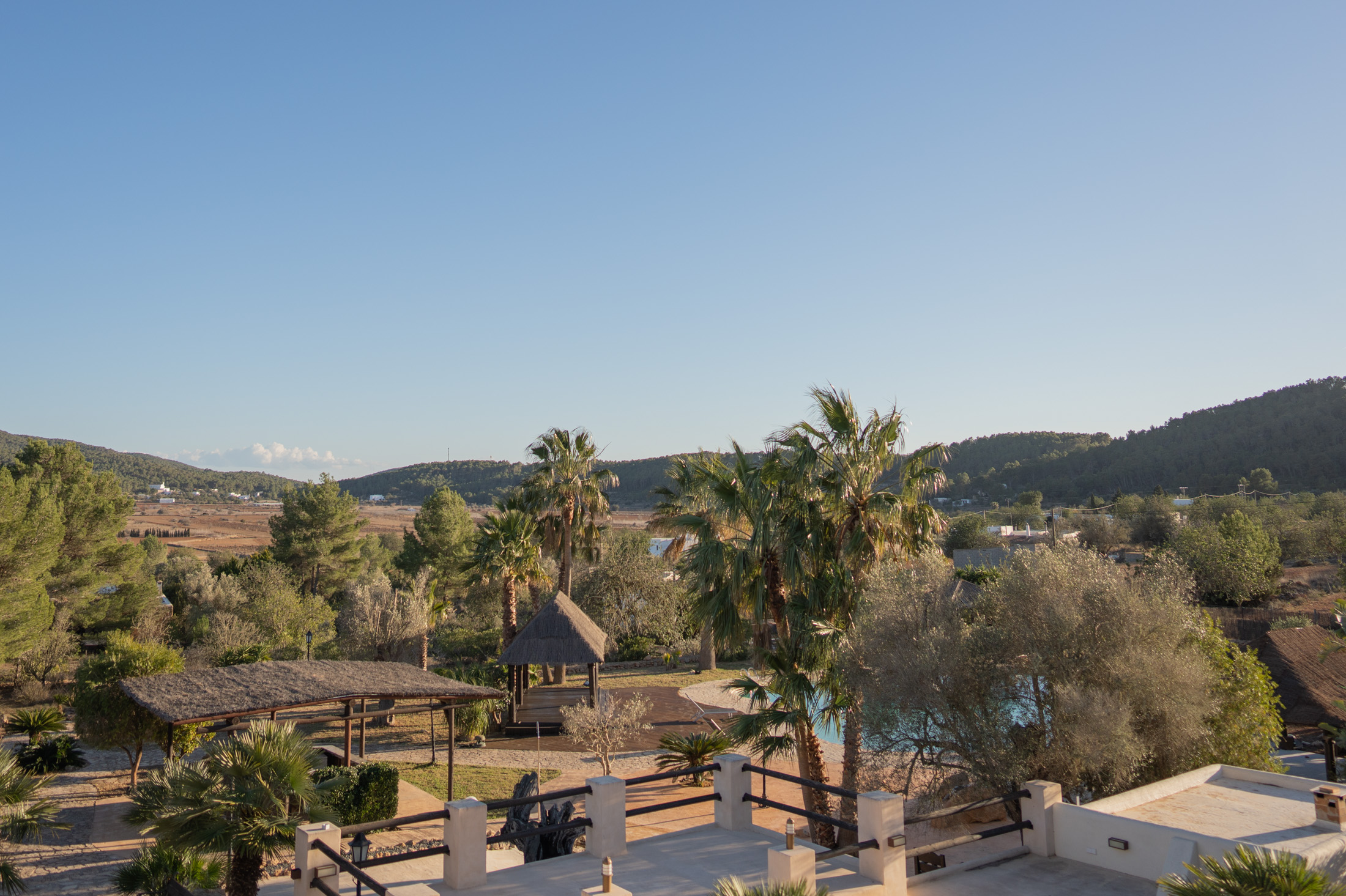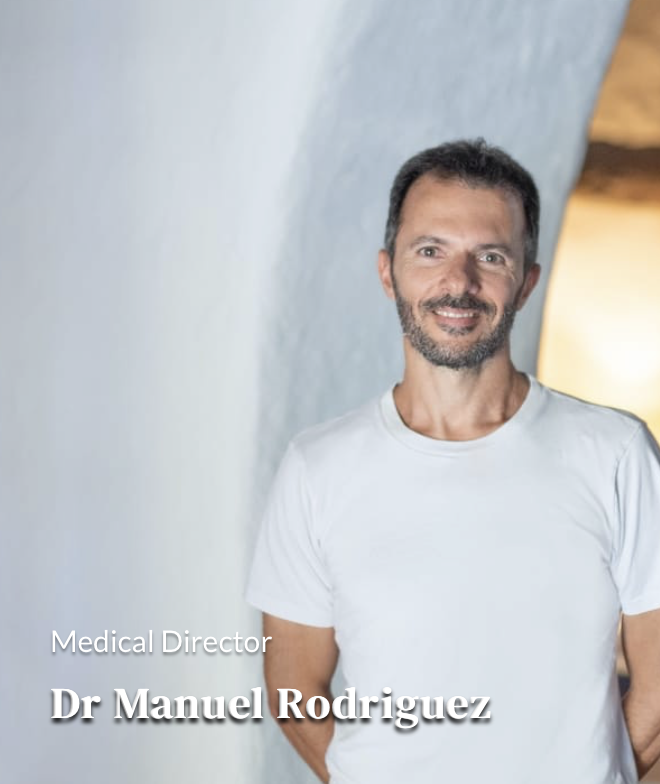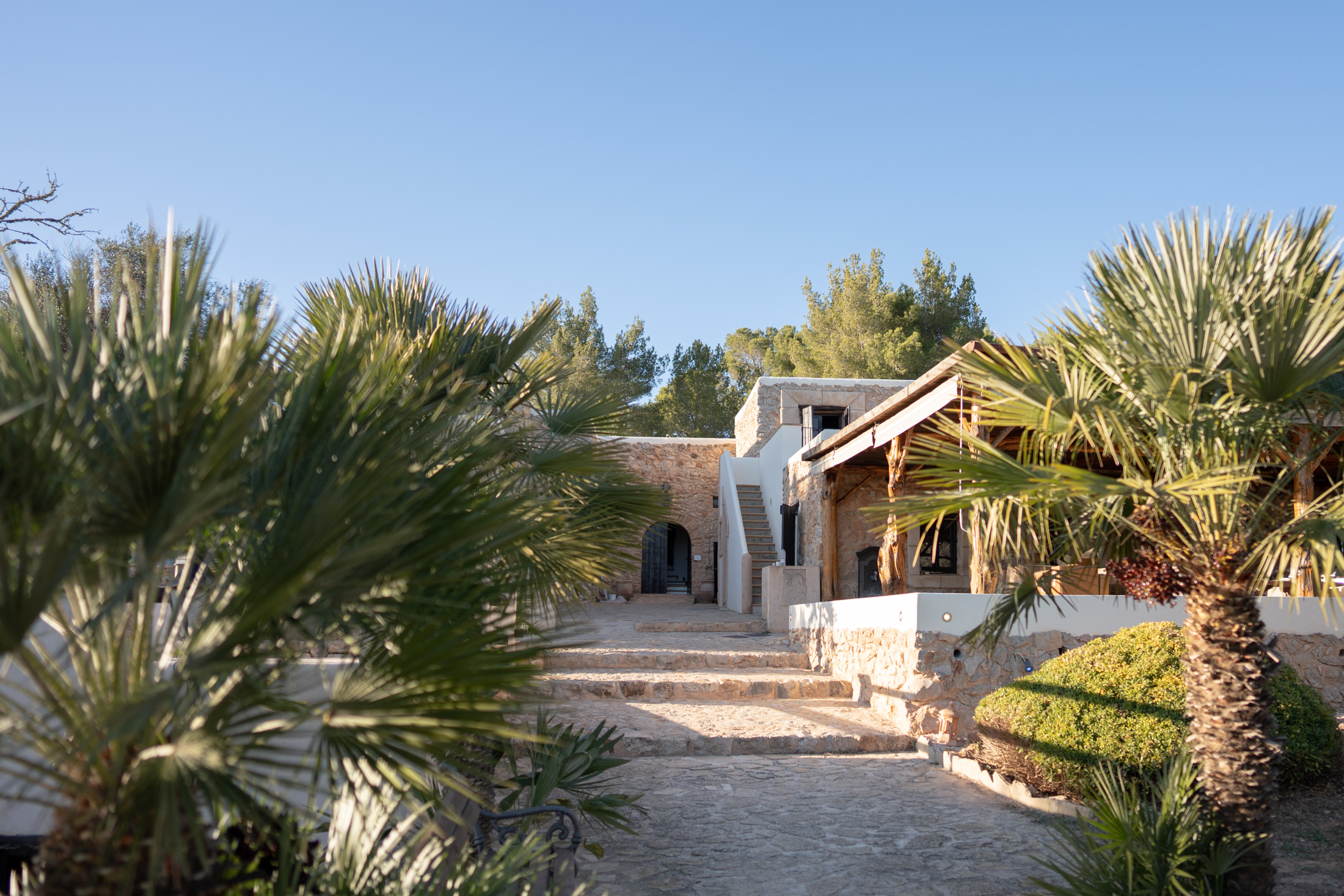Choosing the right place for treatment.

Accepting that you may have, or that someone you love, has; a substance use disorder or a mental health condition, is never easy. It can be incredibly difficult to admit that there is a problem, and then it takes courage to speak up and ask for help. Once this huge first step is taken, the next stage is to look at what treatment is available, which can feel a little daunting.
Choosing the best treatment facility; for yourself, or a partner, child, sibling, or friend; is a difficult decision, there are several options available, the key is to choose the one that is right for you. Exactly like you would search for the best doctor and hospital when treating any other type of illness, you want a rehab clinic that is well-established, and delivers great care.
Here is our guide, which is based on over 35 years of experience working within the mental health and addiction profession.
Is there a medical team of doctors and nurses?

It is imperative, particularly if the clinic offers detoxification, that there is a medical presence on-site, especially at night.
Detoxification, also known as detox, is often the initial stage when an individual has been taking a physically dependent substance, which includes alcohol and prescription medicines, as well as some street drugs. Withdrawing from these can be dangerous and needs to be properly supervised, by a fully qualified, licensed medical professional.
At Ibiza Calm we have a full team of doctors, nurses, and psychotherapists, headed by our medical director, Dr Manuel Rodriguez. This enables us to ensure there is always a medical professional in attendance, on-site, 24 hours a day.
Is there an employed psychiatrist?
A psychiatric assessment is essential to attaining a thorough diagnosis of mental health and other related conditions. A psychiatrist is the only person fully trained to prescribe medicine for depression, bipolar, and other complex mood disorders.
It is worth noting what facilities are available to treat co-occurring conditions such as anxiety, eating disorders, and PTSD. A good rehab centre will have qualified staff on hand to address underlying conditions, and look at the reasons behind why someone started, or continues to use substances, or a behaviour, as a way of making themselves feel better.
At the rehab in Ibiza our psychiatrist our Medical Director, Dr Manuel Rodriguez. Manuel trained as a physician in Malaga, completing his psychiatric residency at the José Germain Psychiatric Institute in Madrid, before carrying out a rotation at the New York Psychiatric Institute.
He is qualified in several models of psychotherapy including relational psychoanalysis, strategic therapy, psychodrama and EMDR, and is highly specialised in caring for patients with addiction and other mental health disorders.
How qualified, and experienced, are the psychologists, psychotherapists, and counsellors?
Check the website to ensure that they have the right qualifications; and that they are employed full or part-time. This will guarantee consistency and give you the confidence that there is a therapeutic team constantly working in your favour.
Are they employed by the rehab centre or “hired in?” Sadly, some rehabs are “pop-ups.” They rent the premises, and then hire in the team after they have the client.
All our psychologists, psychotherapists, and counsellors are highly qualified permanent members of staff. Lluc Acero Martínez, our clinical manager and psychologist, got his BSc in psychology; then a masters in drug addiction from the University of Barcelona; before gaining a further degree in logotherapy and existential analysis from ALEA.
Our Assistant Manager Ilaria Lenti graduated as a clinical psychologist at the University of Rome, and as a sexologist from the University of L’Aquila, Italy. Ilaria is also a trained group analyst and a mindfulness psychosomatic teacher.
What is the timetable?
Look at the structure of the programme. Is it extensive? Does it cover education as well as psychological support? We mention above physical withdrawal, which is often the initial stage, but this is just one part of a successful treatment programme.
Psychological dependence can be present without physical dependence (as well as in conjunction with it); and is generally harder to treat. It requires a therapeutic approach; and necessitates education on addiction, and the need for the use of a long-term maintenance plan.
Our team of highly qualified international staff deliver our carefully designed programmes which are a blend of counselling, group psychotherapy, mindfulness, and complementary practices, such as yoga and meditation.
You can find details of the Ibiza Calm timetable on our website here – https://www.ibizacalm.com/programmes/
Can your therapist provide the right support for your issues?
Two of the key components to treating addiction, and other psychiatric and psychological conditions, are therapy and having a safe space in which to be able to share feelings.
Therapy supports people so they can unburden themselves of long-held fears, emotions, and resentments; works to eliminate them; and teaches coping skills to manage ongoing or reoccurring problems.
No two people are the same and no two individuals will struggle with the same (or combination of) mental health condition(s). Everyone will have unique experiences and therefore may not conform to a specific using model, or group. As a result, no two people will require the same care programme.
Does the treatment centre support different therapeutic approaches?
Do they provide trauma-based therapy, EMDR (eye movement desensitisation and reprocessing)? A form of psychotherapy that uses bilateral stimulation to help people recover from distressing life experiences. It has been used to help thousands of war and combat veterans, frontline emergency service professionals, the survivors of disasters, and abuse.
It has also proved effective in the treatment of chronic pain, and those struggling with addiction and other mental health conditions including anxiety, depression, panic attacks, phobias, eating, and panic disorders.
Can they offer transcranial magnetic stimulation (TMS) on-site? TMS is a non-invasive form of brain stimulation therapy that has proved effective in the treatment of neurological, and mental health conditions, as well as addiction.
With mental health conditions such as clinical depression, general anxiety disorder, and bipolar, becoming increasingly common, it is hugely important that any rehab centre can treat these, and other associated, co-occurring, and related, chronic psychological illnesses.
Ibiza Calm offers a range of therapeutic approaches, EMDR, cognitive behavioural therapy(CBT), logotherapy, person-centred (also known as client-centred) therapy; to name just a few. We have a TMS machine on-site, and we use equine-facilitated therapy as a part of our broader treatment programme.
Can you access group therapy?

We know that being part of a group increases treatment outcomes. Suffering with an addiction or mental health issue, is often lonely and leads to isolation. Group therapy gives the individual an opportunity to share, and hear, from other like-minded people.
People who may have had similar, or vastly different, experiences – both can be incredibly powerful, and cathartic, for numerous reasons. Solutions and outcomes are discussed, and frequently life-long friendships are formed.
Group therapy is a huge part of the programme at Ibiza Calm, and whilst most people are reluctant at first; often experience trepidation at the thought of speaking in front of others. We do encourage them to go along and just sit and listen. Our clients have repeatedly told us,they learn so much about themselves by listening to others.
We also run group workshops on a range of topics, including powerlessness, anger, family dynamics, acceptance, and trauma.
What are the facilities like?
Are the pictures that you see on the website genuine? Is it clear what you are getting? Will you have your own room, or will it be a shared room? For some the idea of sharing isn’t an issue, though most people like to have their own space, and somewhere to retreat if they need a little alone time.
Are there outdoor facilities, a gym, yoga area, swimming pool? Yes, you are going to be checking in to work on your psychological health. However, a little gentle exercise is not only good for improving our physical health, but studies have shown that working out for just 30 mins a day, can improve sleep quality, and can aid recovery from mental health conditions.
Can you walk around the grounds? Something as simple as a walk outside in the fresh air, especially if there are blue skies above, can enhance our mood, naturally raising endorphins and getting our blood pumping.
Are there trips out? It is essential for recovery and healing that you can be out in nature, ideally in the sunshine. Learning how to focus on external issues, outside of the internal introspection that often leads to worry and doubt.
We believe, determined by over 35 years working in the addiction and mental health profession, that your treatment experience should be as comfortable as possible. The boot-camp approach does not work for the majority, neither does the lack of choice. You are not there to be punished. (It has been tough enough!)
Successful treatment is about integrated care, in comfortable surroundings; and it is a collaboration. You can still have some of your comforts and get the help that you need.
Our clinic is built in the style of a traditional Ibicencan castle. Located on a 13-hectare private estate, situated in the north of the picturesque island of Ibiza, Spain. Mediterranean styled gardens surround the property with natural beauty, providing a tranquil and healing environment for recovery.
Individual, single occupancy, ensuite rooms ensure all clients have their own space, and somewhere to retreat if they need a little alone time. There is a gym on-site, and a gorgeous pool where clients can burn off some excess energy; or simply relax by the side of and read a book.
What alternative therapies are on offer?
Are there yoga and mindfulness sessions as part of the treatment? Yoga and mindfulness practices, such as meditation, are useful tools to acquire. They can be especially helpful to those recovering from addiction, as the premise is to focus the mind, and to be present in the moment.
Are qualified sports and fitness trainers a part of the programme? As mentioned above, a little gentle exercise is not only good for improving our physical health, but it can also improve sleep quality, and can aid in recovery from mental health conditions. After months, or maybe years, of physical inactivity, it is important that individuals receive the correct guidance before launching into an exercise regime.
We have yoga, fitness, and mindfulness sessions daily at the Spanish rehab clinic, led by fully qualified staff members.
Where is it geographically?
Ideally for most, having friends and family visit, and in some cases be included in the treatment, is high on the list of requirements. Ask about family support sessions. We know that when families are involved in the process, there is a higher chance of success.
We welcome visits from family and friends at the weekends, on all our programmes. With our premium and bespoke packages, we can offer additional help and support for family members, and accommodation can be provided for family, staff, or security.
Is aftercare provided, for how long? Is it free?
As touched on earlier, a successful treatment programme includes education on addiction, and the need for the use of a long-term maintenance plan. Support, following a stay in a rehab treatment centre, is vital to ensure ongoing abstinence from addictive substances, or behaviours, and continued mental health well-being. Ask any centre you are considering what aftercare package they provide as part of the treatment programme.
Included within all our treatment packages is a free aftercare service, for six months; consisting of a weekly group support session, held on zoom, and facilitated by one of our therapists. Clients are introduced to the aftercare group before they leave treatment, thus ensuring they get continuity of care, and confidence in the ongoing process.
At Ibiza Calm we recognise that the families of our clients also need support. All our treatment programmes include a family support group, which any family member can attend, from the moment their loved one enters the treatment clinic. This is a weekly online zoom group, accessible from anywhere in the world, and facilitated by one of our highly qualified, experienced and accredited therapeutic team.
What is their website like? Do they have an online presence?
We mentioned “pop-ups” above. A way to determine whether the rehab clinic you are contemplating is well-established and genuine is to look at their on-line presence. Is it positive, knowledgeable, and informative? Do they have an up to date, well-informed, website? Is it constantly being refreshed with new blogs and podcasts? Do they have testimonials from previous clients? Do they have active social media accounts? What are their reviews like?
All of these indicate that they are an established centre, with a genuine desire to provide the best care possible, and not purely a money-making venture.
Check us out on Facebook, Instagram, or for more information, covering a variety of topics,look here, https://www.ibizacalm.com/ at our collection of blogs and podcasts.
Is the facility licensed?
This is crucial as it means that there are standards to adhere to. Staff must be accredited, and inspections could (and do) take place to ensure continued, ongoing high levels of service.
Our addiction treatment and mental health rehab clinic in Spain

We are the most personalised addiction treatment and mental health rehab clinic in Europe. We have chosen to adopt a climate of serenity and peace and have developed a centre of healing. Somewhere where our clients can feel fostered and protected in complete privacy, able to have the space they need to start their journey of recovery.
We treat a variety of mental health conditions including alcoholism, drug addiction (to illegal and prescription medicine) and process addictions (food disorders, gambling, and codependency). The programmes are also suitable for people suffering with anxiety, depression, bipolar and burnout.
For further information on our Spanish rehab centre please contact the admissions manager sharon@ibizacalm.com
